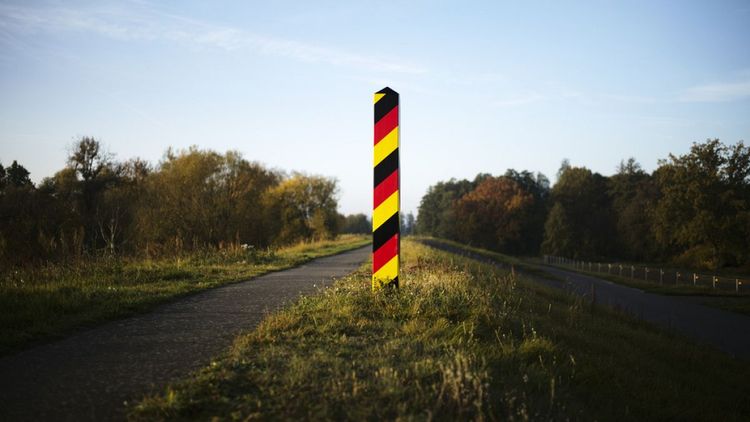'Unacceptable': Neighbours slam Germany for new border control ...

Poland has deemed Germany's decision to implement border controls "unacceptable," while Austria has announced that it will not accept any migrants who are turned back.
Neighbouring European countries have expressed criticism following Germany’s decision to set up temporary controls at all of its land borders.
The decision, which expanded checks already in place at some borders, aims to curb irregular migration, according to German Interior Minister Nancy Faeser.
Polish Prime Minister Donald Tusk said the action was unacceptable from Poland's point of view, adding that the decision meant the suspension of the Schengen zone on a large scale.
“We will be asking in the coming hours other countries that will be affected by these decisions by Berlin to urgently consult on action within the European Union on this issue," he said.
Austria’s Interior Minister Gernard Karner said Germany’s decision was illegal and that Austria would not accept migrants rejected by Germany.
However, he also said he was glad that Germany was addressing what he said was the major problem of illegal migration in Europe.
"It is unacceptable when illegal things happen. We live in a constitutional state and if Germany is planning this, then it is illegal in this way. Therefore, we will not accept anyone, we will not take anyone back. There is zero leeway here," he explained.
The temporary controls at all German borders sparked a fierce debate about whether refugees could be turned back.
“What is important for us as a coalition is that we have already initiated a number of measures to combat irregular immigration," said Faeser.
"We have had border controls at all land borders since yesterday. We have had border controls with the Czech Republic, Poland, Austria and Switzerland since October. Since then, we have already carried out 30,000 deportations. We have launched a major deportation and repatriation package," she added.
The border closures are set to last six months and are threatening to test European unity. Most of Germany's neighbours are fellow members of the European Union, a 27-country bloc based on the principles of free trade and travel. And Germany — the EU’s economic motor in the heart of Europe — shares more borders with other countries than any other member state.
Last month, a deadly knife attack by a Syrian asylum-seeker in Soligen killed three people. The perpetrator claimed to be inspired by the Islamic State group. In June, a knife attack by an Afghan immigrant left a police officer dead and four other people wounded.









































